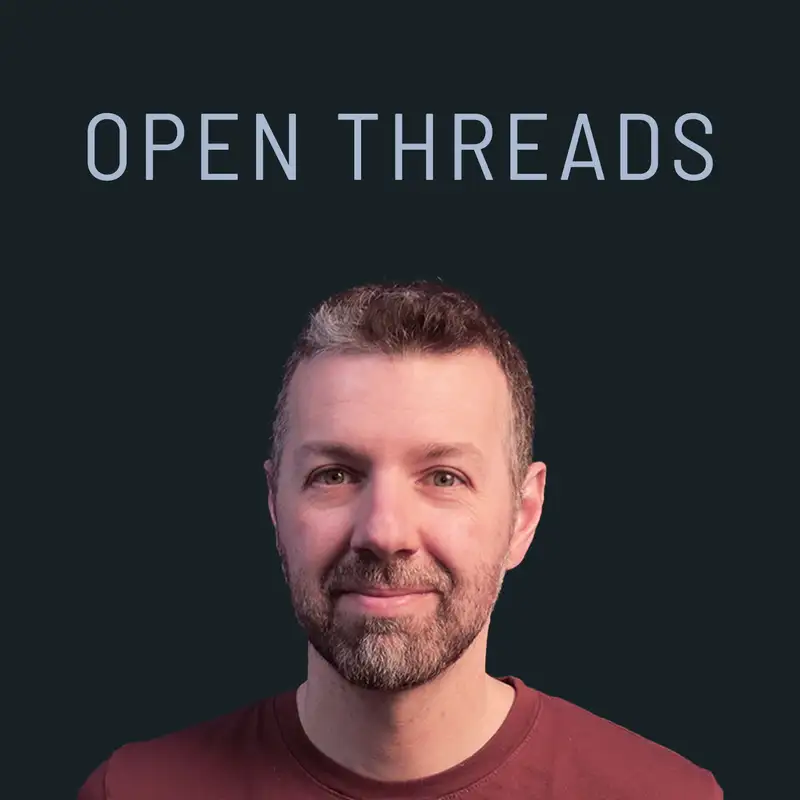The role of music in our lives with Ben Orenstein
Ben Orenstein, co-founder of Tuple, joins me to talk all about the role of music in our lives.
Brian and Ben's conversation was recorded on July 25, 2022.
Creators and Guests

Host
Brian Casel
Teaching product skills at https://t.co/slTlMF8dXh | founder @Clarityflow | co-host of https://t.co/pXrCHLdDwe

Guest
Ben Orenstein
Co-founder @tuple. Currently single and looking to wife someone: https://t.co/hKcFU5gsyj

